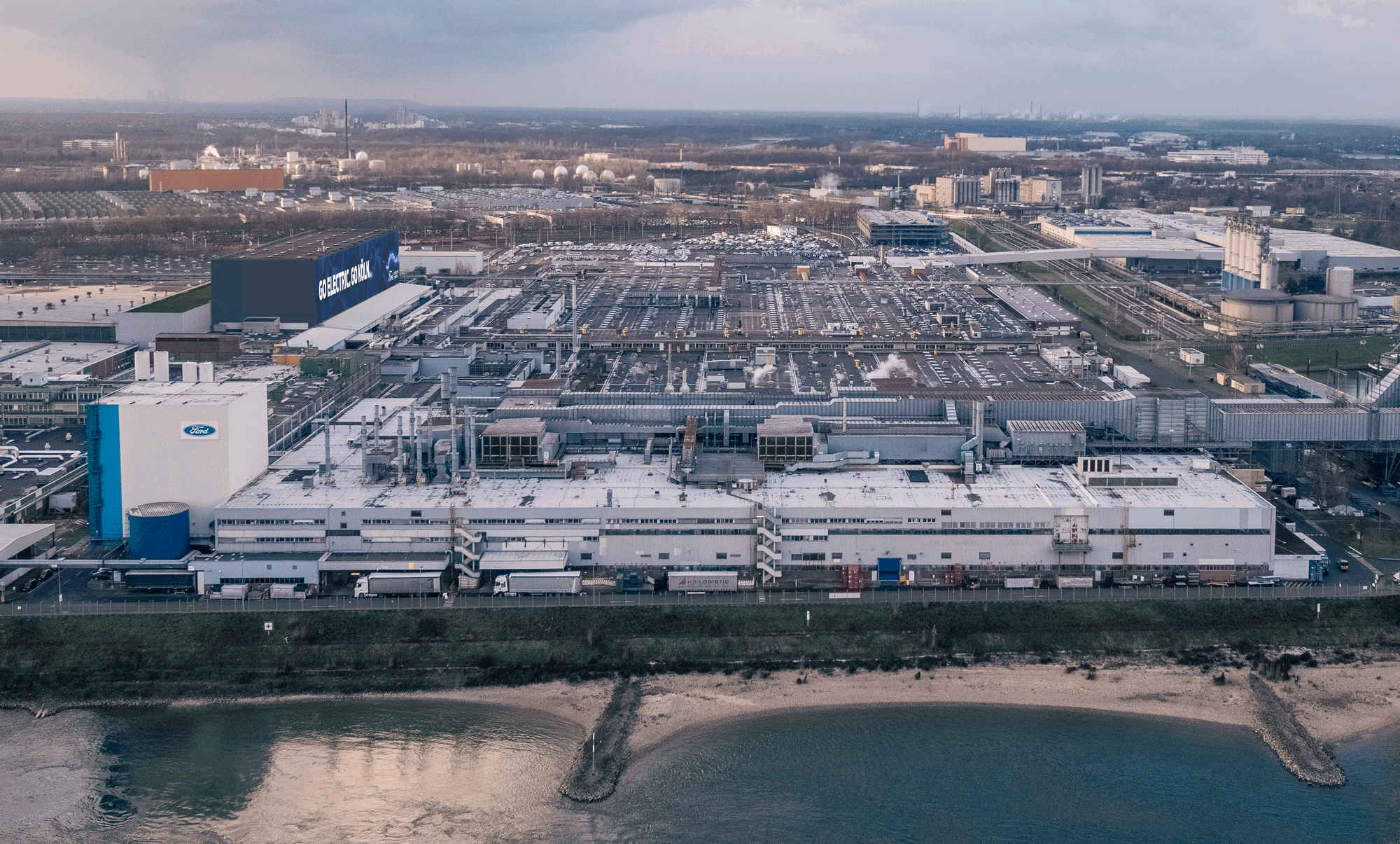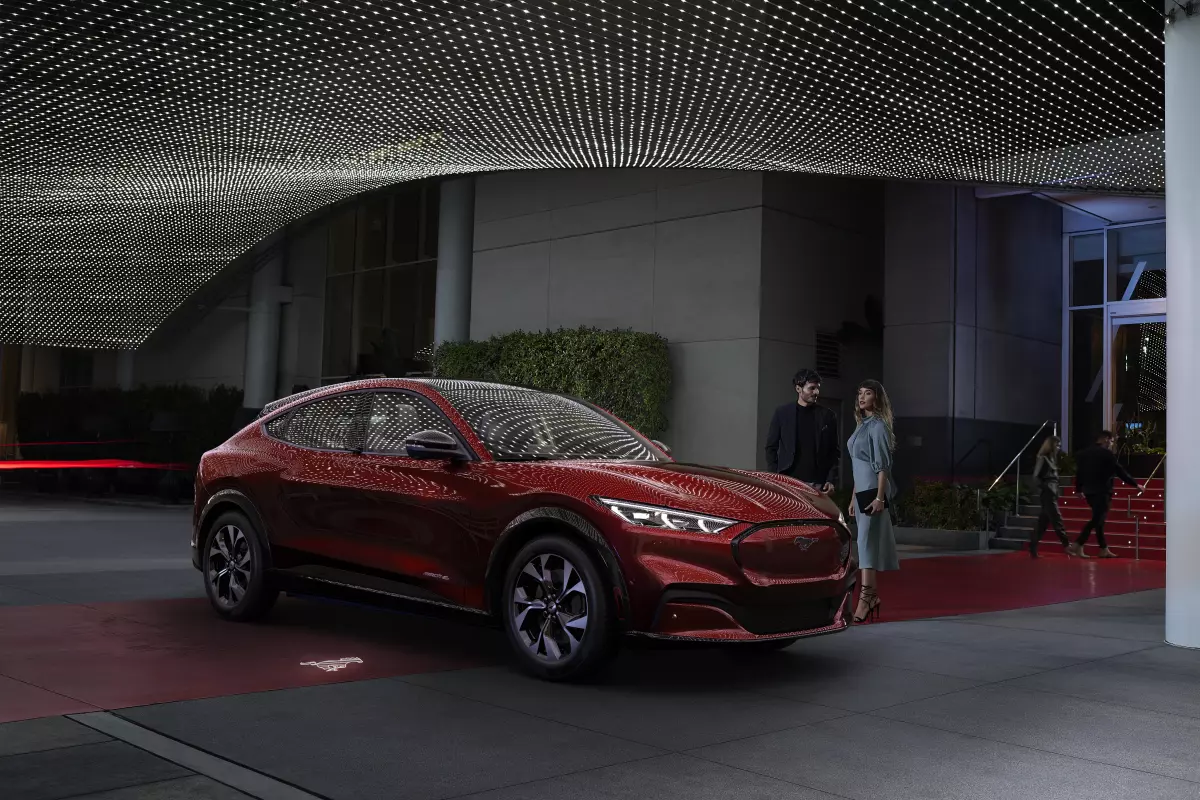Ford unveiled its first all-electric passenger car back in 2011, giving folks attending the 2012 Geneva Motor Show the first opportunity to get in the driving seat. Other models have of course followed, and now the company's European wing has committed fully to the electric road ahead with plans to sell only 100 percent electrics by 2030.
Ford's current all-electric timeline began with a US$22 billion global investment in electrification through to 2025, and a plan for every new passenger car that it sells in Europe to be capable of driving in zero-taiilpipe-emission mode, all electric or plug-in hybrid within five years.
Beyond 2026, the company will start phasing out production of plug-in hybrids on the road to going all electric by the end of the decade.
As part of this newly announced EV push, a $1 billion facelift of Ford's vehicle assembly facility in Cologne will see it transformed into the Ford Cologne Electrification Center, which will not only be the firm's first plant dedicated to the production of electric vehicles but the manufacturing home of the first volume all-electric passenger car built in Europe – which will enter production in 2023. Production of a second EV is currently under consideration, too.

"The decision to make the production and development site in Cologne the e-mobility center for Ford in Europe is an important signal to the entire workforce," said chairman of the General Works Council of Ford-Werke GmbH, Martin Hennig. "It offers a long-term perspective for our employees and at the same time encourages them to help shape this electric future."
"We will offer an exceptional range of electrified vehicles, supported by customer-centric digital services and experiences, allowing our customers to come with us on the journey to a fully electric future, starting right now with the launch of the all-electric Mustang Mach-E," added Stuart Rowley, president of Ford Europe.
The European operation is also making similar moves for its commercial vehicles, with its entire range becoming "zero-emissions capable, all-electric or plug-in hybrid" by 2024. The company expects pure electrics or plug-in hybrids to make up two thirds of its sales by 2030.
The Ford Europe news follows the announcement of a similar all-electric future vision from Jaguar Land Rover earlier this week.
Source: Ford





